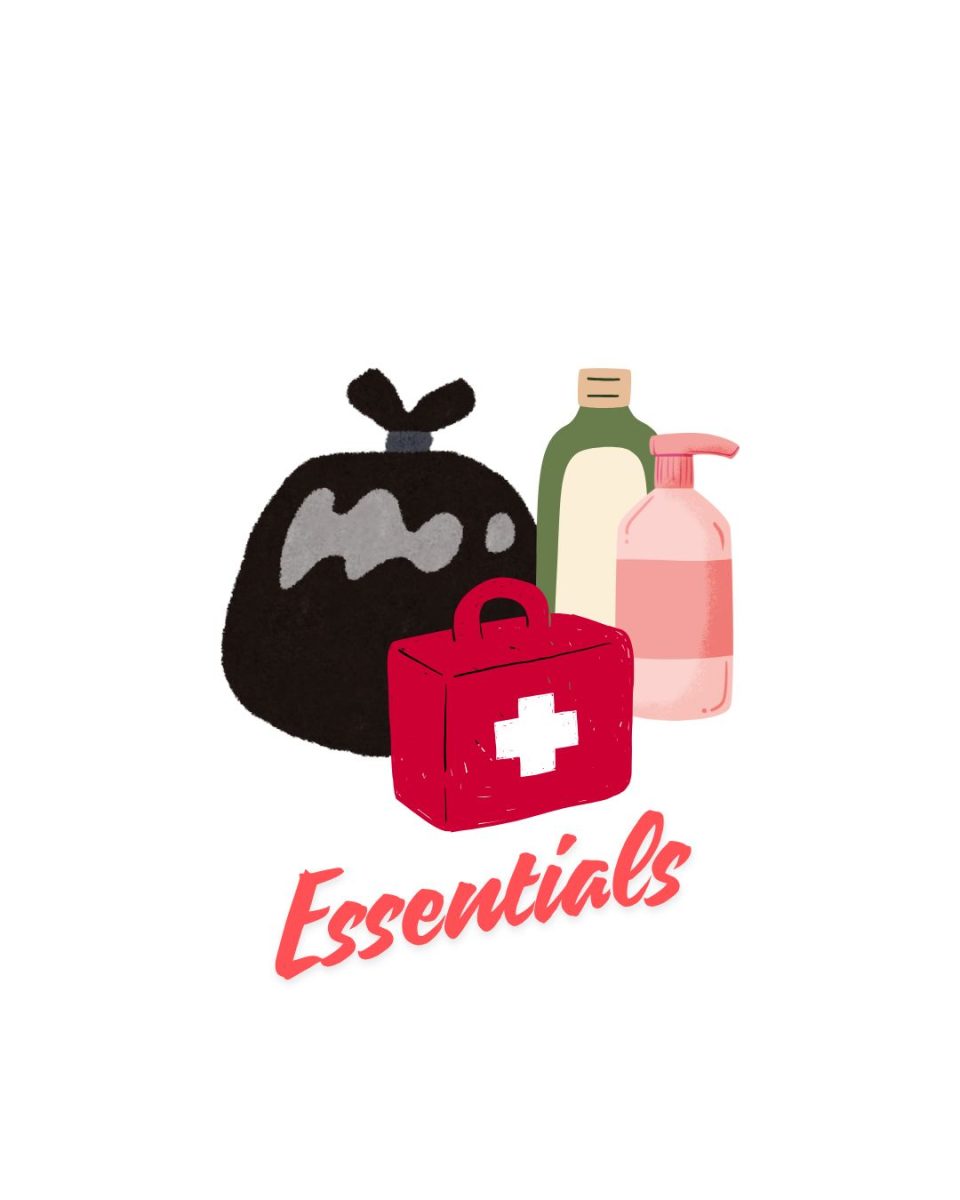For many of us, one of the greatest, yet simultaneously scariest moments of our lives is approaching—our college graduation. It’s an achievement, a time that solidifies and validates the work we’ve all put into our years as undergrads, a time that celebrates the accomplishments of right now with the anticipation of the even greater opportunities that will present themselves. So why are so many college graduates so quick to panic rather than appreciate this critical time in their young lives?
Well, probably because the answer is another question. What now?
As we prepare to enter into the working world, pursuing careers in what we’ve dedicated years studying, learning and practicing, it can be a daunting amount of pressure that we’re suddenly faced with to be employed straight out of school and know exactly what our plans for the future are going to look like.
For some, opportunities presented themselves early on, and a job may already be secured by the time May approaches, but, for others, the search continues and may begin to feel like an indefinite process of researching, applying and hoping for a match.
The reality is, it’s okay to not have your career perfectly planned out and secured before you’ve even had time to wear your cap and gown. The job-search process is just that, a process, and there’s no benefit to settling or rushing into a position that doesn’t suit your interests or needs, simply for the sake of being able to say you’ve got something waiting for you when you walk out of these doors.
According to research conducted by the University of Washington, the average length of the job-search process for recent college graduates is six months post-grad. This is a crucial time to not only be researching job listings in your area but to continue taking advantage of the networking and resume-building resources around you. This like freelancing, interning or engaging in other temporary work that provides relevant experience and makes you more marketable to potential employers.
These tactics are further emphasized by Degree Planet which states, “Internships can give you opportunities to get practical on-the-job skills and exposure. Internships that are aligned with your career interests can help you get your foot in the door…. It may be necessary to take an entry-level, freelance, or temp job that’s not exactly what you’re pursuing. If so, looking for jobs that demonstrate meaningful skills and reflect positively on your character and passions can still be beneficial for your future career plans…Engage in professional networking, such as joining professional associations, while you’re still in school and after graduating. Polish your resume, craft targeted cover letters, and let prospective employers know about your interests, enthusiasm, and qualifications.”
It’s important to remember the job-search timeline also differs for everyone depending on a variety of factors, such as your field of study, experience, geography and what type of work you look for. However, hope for what’s to come should remain high as employers appear to be ready for the upcoming graduating class, based on the results from recently conducted research by the National Organization of Colleges and Employers (NACE).
According to a NACE Job Outlook 2022 survey, over 60% of responding employers are working to increase their hires this year, as compared to last year’s mere 16.5%. Overall, employers are predicted to hire over 26.6% more college graduates in 2022 than the year prior.
It’s important to know what you want and what you have to offer employers so that you can make the most of your time, keep a clear focus and effectively communicate your skills through both, your resume and in-person interviews.
According to Degree Planet, “It can also be beneficial to research the real skills employers want for entry-level jobs…Have a clear focus. Focus and perseverance can help you get a better job outcome. It’s not easy being unemployed. Taking your focus off of your career, though, to work in a job you are overqualified for or outside your desired career may hinder your chances to build credentials or relevant professional networks.”
While graduation will inevitably come and go, the job-search process may persist—and that’s okay. Be kind to yourself, continue to sharpen your skills, experience and resume. Understand that with patience and persistence you will find the position that’s right for you.
For comments/questions about this story, tweet @TheWhitOnline or email [email protected].

























































































































































!["Working with [Dr. Lynch] is always a learning experience for me. She is a treasure,” said Thomas. - Staff Writer / Kacie Scibilia](https://thewhitonline.com/wp-content/uploads/2025/04/choir-1-1200x694.jpg)














































